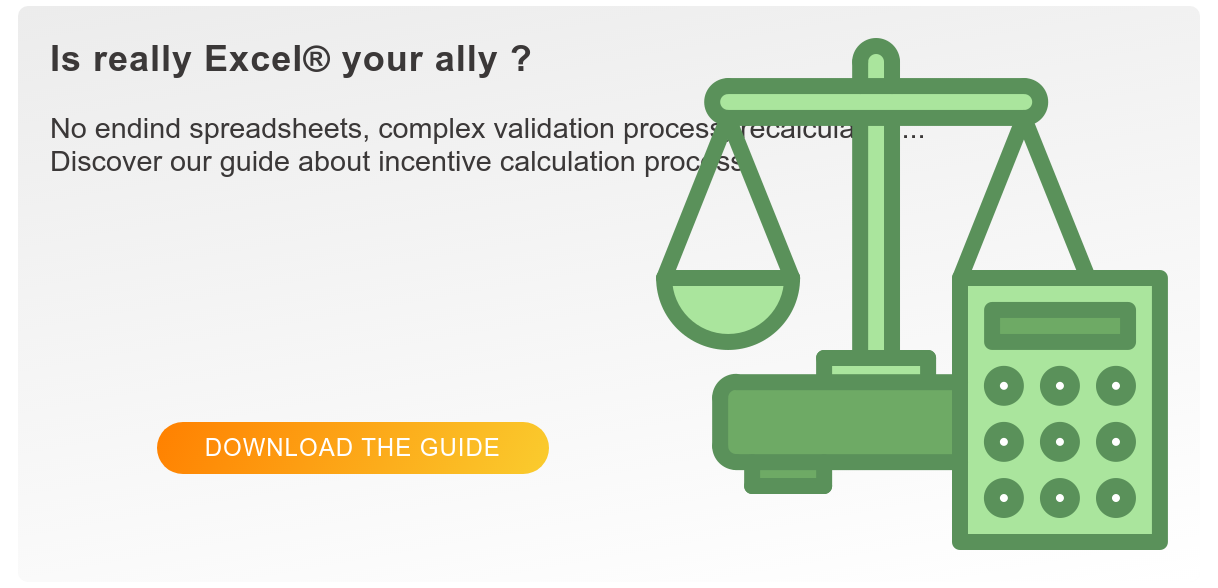It might be a source of much worry and doubt but AI is already present in the professional world and it is becoming unavoidable for managers and human resource departments. Far from being a menace to professional know-how, it is a support that will improve how they can guide their employees. How can AI contribute to improving skill management? Here are some answers and food for thought.
Effective talent recruitment and detection of essential skills
An effective recruitment campaign will always be essential to finding and persuading the rarest talents and therefore acquiring the best skills. But recruiters are often overwhelmed with time-consuming tasks in which the slightest error could make them miss their targets completely. When it comes to managing candidates, artificial intelligence provides a range of tools that will drastically increase productivity and precision, from the recruitment process right up to the integration of new recruits in the workplace.
Artificial Intelligence can take on a wide range of tasks such as drafting effective job offers, large-scale and targeted network distribution, custom chat-bots that contact the most suitable candidates, verification of received CVs, analysis of the skills presented by the candidate groups; recruitment officers will therefore be able to concentrate on one-to-one interviews and soft skills. By reducing margins of error and proposing the possibility of concentrating efforts exclusively on specifically required skills, AI can make recruitment and on-boarding a lot easier.
AI can provide reskilling and up-skilling support to managers and HR departments
And what if the most important skills for your company were already present but impossible to detect? Managers and human resources departments sometimes find it difficult to detect talent already present in the existing workforce or predict potential for progress. AI can analyse the profiles of current staff and see how internal mobility campaigns and professional transition support processes might be initiated. In this way reskilling can be accelerated and refined such that even the most hidden talents can be revealed more effectively.
AI can also be a major advantage for up-skilling. By detecting weaknesses in certain employees, these AI solutions can also propose the most suited staff training programs for the company’s global strategy and objectives. By using these AI tools to support their teams, the manager can propose the most suited career paths and therefore provide individualised career support to their staff.
AI revolution or renaissance of human expertise
AI represents a kind of highly effective and multi-skilled support system that will remodel the company’s professions and help staff to become even more expert in their particular fields. Managers and human resources departments will be freed from time-consuming and repetitive tasks, gain access to a detailed panorama of everyone’s skillsets, be better informed of the decisions they will need to make and the strategies to be implemented and therefore they and their staff will be able to concentrate on their real work and deploy all of the human talent that machines do not have.
Since some skills are no longer necessary and can be replaced by the many AI tools, the company can be more demanding as regards the precision knowledge and skills it requires from its staff. This digital revolution is in fact bringing in a new era of cutting edge expertise. Everything that AI cannot do, or at least not as well as humans, will have to be done by humans to even higher standards. Far from chasing humans from the majority of professions, this will be more a redefinition and change of course towards greater detail, rigour and human qualities in the workplace.
AI and incentive compensation: the limits of machine learning
To use AI to find out if a proposed pay scheme is coherent, we must remember that artificial intelligence needs to compile a lot of data to come to any sort of conclusion. The terminology and parameters used in the incentive compensation sector are particularly complex and precise and could lead AI to make mistakes. For example, if we look at commission based pay, the concept of averages will obviously come into play. However the idea of an “average” is a very fluid concept, which can vary by tens of thousands of euros and is not an appropriate basis for reflection. However, AI will consider the averages without making this difference, and therefore there will be a certain risk of error.
Other elements might pose problems such as “average bonus”, the definition of which and associated issues might escape the reasoning of an AI. All of these designations explain why it is difficult to produce reliable studies of how the variable portion of compensation should be paid to employees. Most analyses are based on the basic pay and peripheral attributions but rarely cover incentive compensation since, in reality, it is very difficult to be certain that it is correctly expressed. For the moment AI cannot cope with this difficulty.
Managers and HR departments that have understood the potential benefits of human intelligence will be able to manage skills in a more refined and intelligent way much to the great benefit of the company and its employees. To lead its staff on the road to cutting edge expertise and manage its skillsets as effectively as possible, managers and decision makers will not be able to do without solid skills in the use of artificial intelligence.




